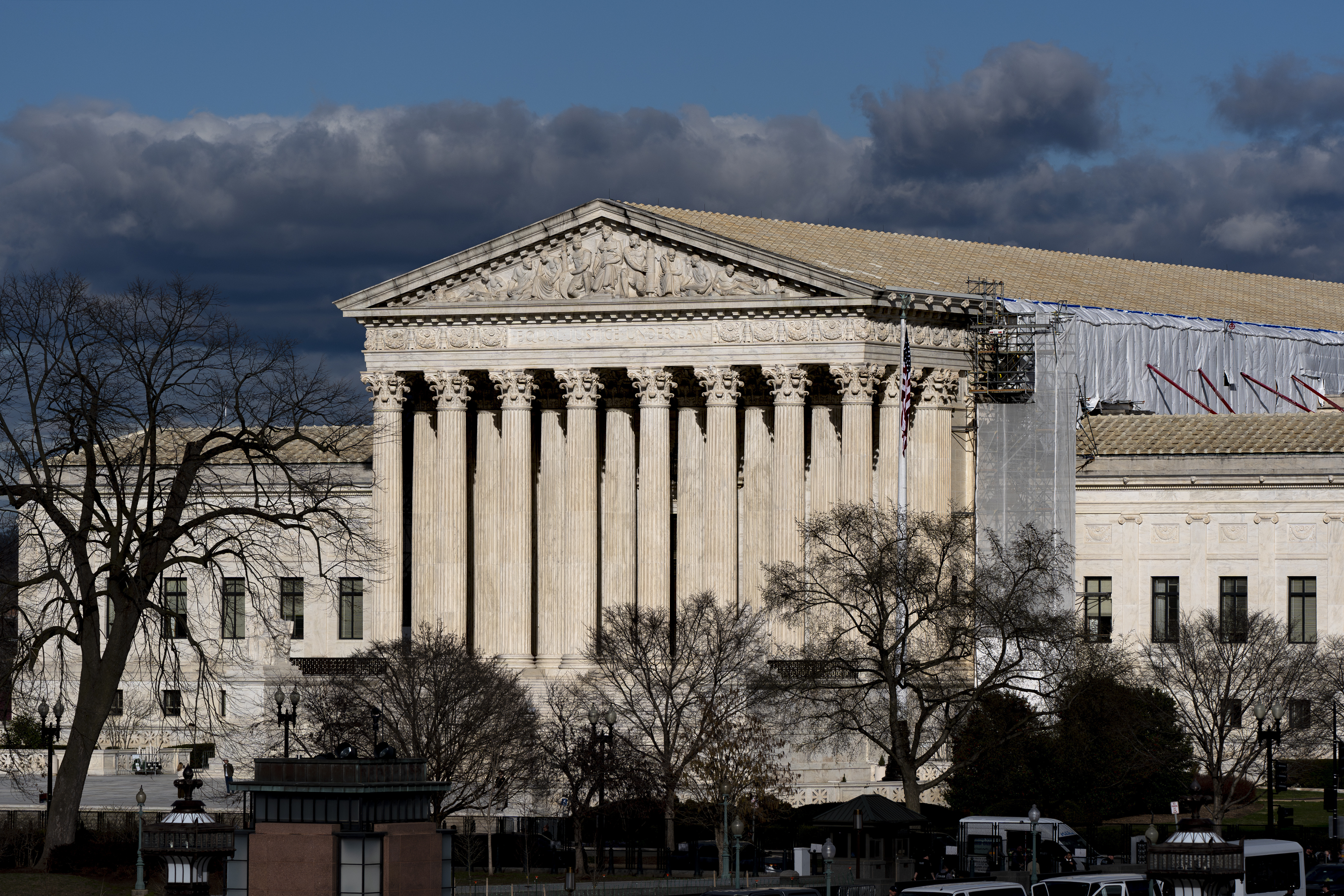Two weeks after announcing a male employee had been pressured to resign from the Boston Globe following sexual harassment claims, the newspaper revealed that employee's identity. Jim O'Sullivan, a former Massachusetts State House reporter, apologized for his actions Thursday.
The Globe published a story on Dec. 8 about the "fine line" media outlets, including itself, must walk in reporting on the #MeToo movement. In the article, Mark Arsenault wrote that a male journalist had propositioned a female employee to have sex with his wife. The employee, the article said, was "pressured into resigning after additional accusations emerged from outside the company, according to two people familiar with the situation."
In identifying O'Sullivan Thursday, the Globe noted that "he made lewd propositions to one newsroom colleague and to two women that we are aware of on Beacon Hill."
"I'm sorry for my behavior," O'Sullivan said in a tweeted statement shortly after the Globe named him. "I apologize to everyone, most particularly anyone who suffered as a result. I did not live up to the examples set for me, or the lessons I learned during my upbringing, education, and career. There is no excuse."
The newspaper's decision not to identify O'Sullivan earlier was met with criticism. Editor-in-Chief Brian McGrory said Thursday it was a mistake.
"We believed that we were adhering to our journalistic principles, standards on sourcing, and sense of basic fairness. We believed that the misconduct was not at the level of what we had been covering and uncovering in other organizations. We didn't believe we had definitive proof to name him in a news story," McGrory wrote. "Time and circumstances in this extraordinary national movement have given us, or at least me, a different perspective."
McGrory said that many in the Globe's newsroom discussed whether identifying O'Sullivan in the beginning would be proper, with the legal thresholds for reporting under consideration.
U.S. & World
"While our discussions on the O'Sullivan matter were mostly focused on proof, fairness, and spectrums of misconduct, there's now a fairly obvious realization that I didn't focus enough on another very important factor: the Globe's institutional credibility," McGrory said. "Even as we were debating, norms of coverage, and even the broader definition of harassment, were changing. I got too caught up on nuance and failed to grasp the need for transparency by this organization in this unprecedented reckoning. It was my mistake."
O'Sullivan, in his statement, apologized to his friends, family, colleagues and contacts he made in the Massachusetts legislature.
"I am sorry my actions triggered criticism of the Globe, one of Boston's great institutions, and its leaders," he added. "I have a lot of work ahead to regain everyone's trust, but hope that over time, my words and actions will achieve that."



